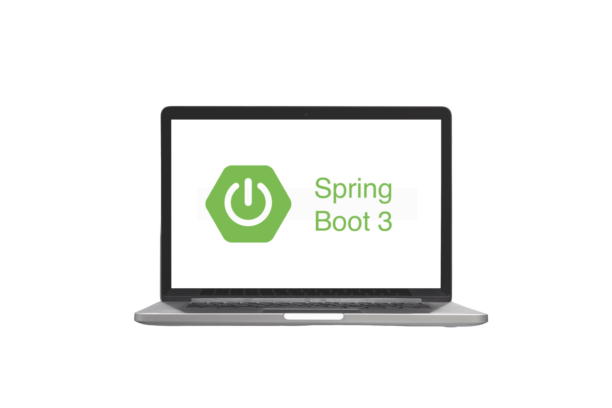1. What is Spring Boot, and why is it important for my project?
A well-liked Java framework for creating scalable and reliable online apps is called Spring Boot. It makes configuring and setting up Spring-based apps easier, freeing up developers to write more business logic instead of boilerplate. Recruiting Spring Boot developers can expedite the project delivery process and optimize the development process.
2. What qualifications and skills should I look for when hiring Spring Boot developers?
Seek for developers who have worked with the Spring Boot technology and have a solid background in Java programming. They ought to be knowledgeable about MVC architecture, dependency injection, and Spring Data data access. It's also preferable to have knowledge of related technologies like RESTful APIs, microservices architecture, and Hibernate.
3. How can I assess a Spring Boot developer's experience and expertise?
Examine the developer's former Spring Boot development projects in their portfolio. Analyze the developer's contributions and problem-solving skills in addition to the projects' complexity and size. Assessing a developer's proficiency with Spring Boot development can also be done through technical interviews and coding evaluations.
4. What questions should I ask during the interview process with Spring Boot developers?
Find out about the developer's expertise with important features, recommended practices, and typical use cases in relation to Spring Boot. Ask about their approach to building and deploying Spring Boot applications, their familiarity with related technologies and tools, and their technical problem-solving abilities.
5. What are the benefits of hiring Spring Boot developers for my project?
Employing Spring Boot developers has many advantages, such as shorter development cycles, less boilerplate code, better application maintainability and scalability, and access to a thriving ecosystem of libraries and tools. The characteristics of the framework can be utilized by Spring Boot developers to create effective and superior web apps.
6. What factors should I consider when evaluating Spring Boot developer candidates?
Take into account elements like the developer's familiarity with Spring Boot and associated technologies, their aptitude for problem-solving, their communication skills, their teamwork prowess, and their cultural fit with your company. Seek applicants that exhibit a love of learning and who keep up with the latest developments in their field and industry best practices.
7. How can I ensure effective communication and collaboration with remote Spring Boot developers?
To ensure efficient communication and collaboration with distant Spring Boot developers, set up clear communication channels and expectations, make use of collaboration tools and project management software, plan frequent meetings and updates, and cultivate a transparent and cooperative culture.
8. What are the typical rates for hiring Spring Boot developers?
The cost of hiring Spring Boot developers varies based on a number of variables, including project complexity, geography, and expertise. While Spring Boot development companies may offer fixed-price packages or retainer-based pricing, freelance developers may bill on an hourly basis.
9. What are the key considerations for outsourcing Spring Boot development projects?
When outsourcing Spring Boot development projects, take into account elements including the outsourcing provider's experience, standing, communication styles, project management methodology, quality control procedures, and intellectual property protection protocols.
10. What are the steps involved in onboarding Spring Boot developers effectively?
To successfully onboard Spring Boot developers and ensure their success in your company, define clear roles and responsibilities, grant access to the tools and resources they need, set up communication channels and expectations, provide training and support, and create a warm and inclusive environment.
































